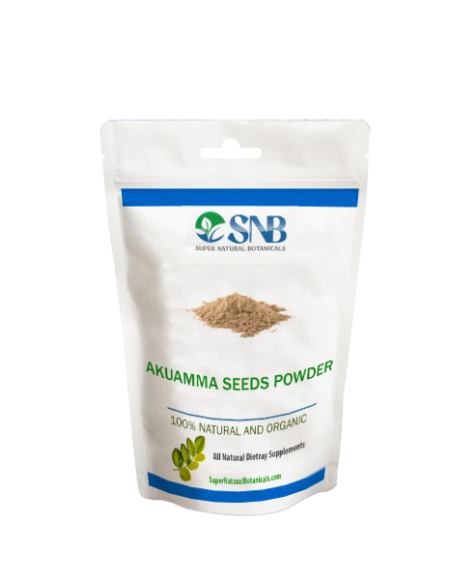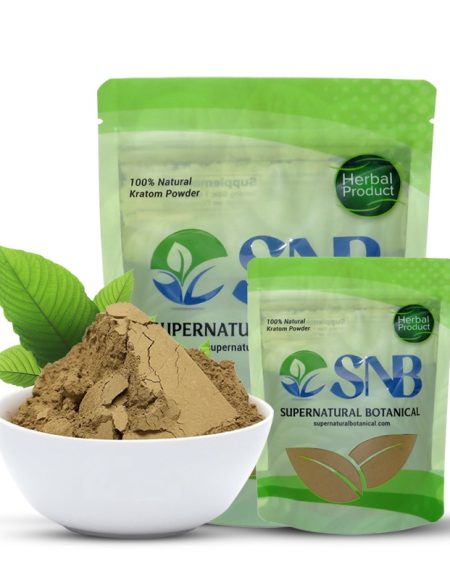As someone who runs an online kratom store, I’ve seen firsthand how important this herbal product is to so many people across the U.S. That’s why the news from Louisiana hit hard. Starting August 1, 2025, kratom will be completely banned statewide. This decision didn’t happen overnight; it’s the result of growing legal pressure, public concern, & health debates. In this story, I want to share how this ban came to be, what it means for people like me, and how it’s affecting customers who rely on kratom for discomfort relief, uneasiness, and recovery.
Background: What is kratom?
Kratom comes from the leaves of a Southeast Asian tree called Mitragyna speciosa. It’s known for its soothing, relaxing effects and has been used for centuries in traditional practices. In the USA, people use it in various forms like powders, capsules, teas & extracts, as a natural way to unwind and support everyday wellness. While it’s not approved by the FDA and some concerns have been raised about its safety, many continue to choose it as a plant-based option for relaxation and calm.
How did the Kratom ban in Louisiana come to be?
The journey toward the statewide kratom ban in Louisiana began quietly, with the introduction of Senate Bill 154 by Senator Jay Morris. At first, there wasn’t much buzz. Like many in the kratom community, I hoped it would stall, just like similar efforts had in the past.
But this time, the push gained serious traction. The bill moved quickly through the Louisiana Senate, where it passed with a 26–11 vote. Then, it went to the House, where it saw overwhelming support: 87 in favor, only 6 against. That landslide made it clear—this wasn’t going to be just another bill that fizzled out. It had strong political backing and was moving fast.
Tragic deaths that fueled the ban
The push to ban kratom in Louisiana picked up speed after two tragic deaths were linked to its use. Lawmakers highlighted the case of a 23-year-old woman from St. Tammany Parish and a 35-year-old man from Livingston Parish, both of whom reportedly died with kratom in their systems. These cases were frequently mentioned during debates as powerful reasons to act.
One senator said, “We’ve already lost lives, how many more are we going to risk before we do something?”
The real push behind the Louisiana kratom ban: who wanted this?
Leading the charge were district attorneys, sheriffs, and health officials from across the state. They painted kratom as a serious public threat and blamed it for overdose deaths, seizures, erratic behaviour, and even mental health crises. Some even called it the “next opioid crisis in the making.” Their voices carried weight, especially with lawmakers looking to appear tough on drugs.
These groups weren’t working alone. Media reports started focusing on tragic stories, where people claimed loved ones had spiralled out of control after using the product. Whether these cases involved contaminated kratom or irresponsible use didn’t seem to matter—the narrative was set: kratom is dangerous, & something had to be done.
That pressure finally reached its peak in June 2025, when Governor Jeff Landry signed the bill into law. From that moment, it was official. The law goes into effect on August 1, 2025—a hard deadline now looming for both users and sellers.
Here’s what the law says and what can happen if you break it
The law classifies kratom, specifically mitragynine and 7-hydroxymitragynine, as Schedule I controlled substances in Louisiana. This puts kratom in the same category as heroin, LSD, and ecstasy. It’s a strong label for a natural leaf, but that’s now the reality.
Here’s how the law breaks down:
| Offense | Penalty |
| Possession under 20 grams | Civil fine of $100 |
| Possession of over 20 grams | Up to 6 months in jail or a $1,000 fine |
| Distribution (selling/shipping) | 1 to 5 years in prison and/or a $50,000 fine |
These penalties apply to all forms of kratom, including raw leaves, powder, capsules, liquid extracts, and synthetics. Any kratom product sent to, sold in, or found in Louisiana after August 1, 2025, could lead to serious legal trouble. This includes fines, possible jail time, and a criminal record.
What are sellers across the country doing?
Retailers across the U.S. moved fast after the Louisiana ban was confirmed. Shops like Brown Derby and Evergreen Tree cleared kratom products from shelves by late July. Online vendors cut off Louisiana shipping after July 31 to comply with the new law.
The sudden shift has led to financial losses, unsold inventory, and widespread confusion. Loyal customers have voiced frustration, while sellers face questions, cancellations, and the challenge of quickly adapting to the ban.
What other states are doing (and what this could mean next)
Louisiana may be the first to go this far, but it’s not the only state looking closely at kratom. Here’s what the landscape looks like:
| State | Policy |
| Mississippi | Regulated, must be 21 or older, taxed |
| Colorado | Age 21+, with strict labeling and testing rules |
| North/South Carolina | Debating bills that could lead to regulation |
| Montana, New Jersey | Ongoing discussions, no decisions yet |
It’s clear more states are paying attention. Some are choosing regulation, others are still deciding.
Kratom ban in Louisiana: A growing fight for fair access and regulation
As the deadline approaches, advocacy groups like the American Kratom Association continue to push for a more balanced solution. Their efforts to pass the Kratom Consumer Protection Act aim to replace blanket bans with sensible regulations—measures like age limits, testing, and proper labelling.
Legal challenges may follow, but with the clock ticking, the window to act is narrowing. Still, there’s hope that lawmakers in other states will choose regulation over prohibition, giving responsible users a chance to access kratom safely and legally. The fight isn’t over—it’s just entering a new chapter.


Jennifer Kurtz is a founder of KratomGuides.com and studied medicine at the New Jersey School of Medicine (Rutgers). She is passionate about developing her knowledge of Kratom, and nutritional supplements. In addition to attending medical webinars and conferences, she loves to write research-based articles for magazines, healthcare professionals, and medical agencies. Jennifer is always looking to develop her knowledge for the Kratom through scientific researches and frequently asked questions of customers looking to buy kratom from reliable sources.












